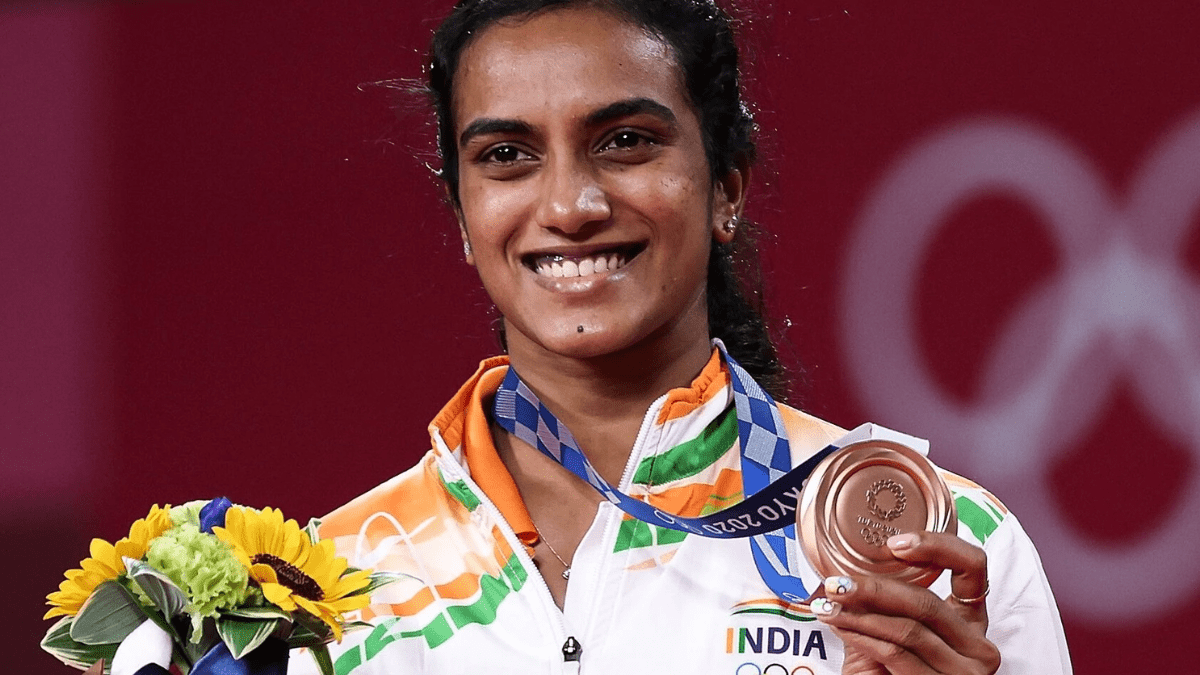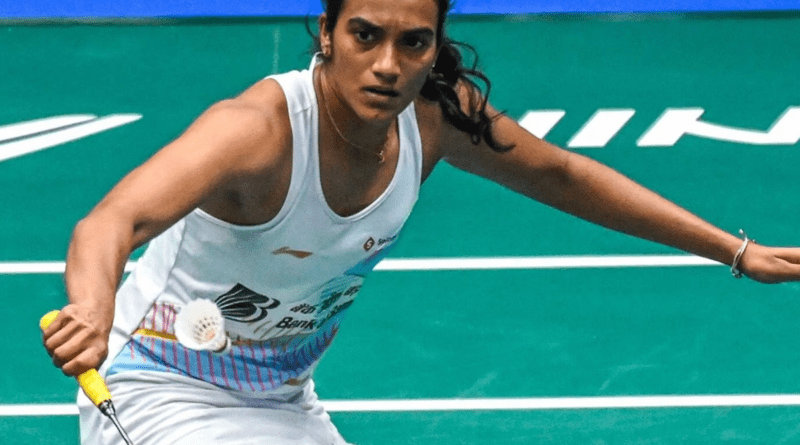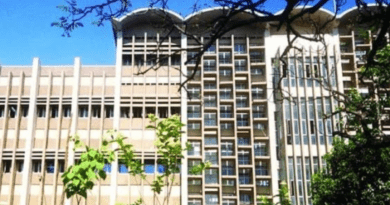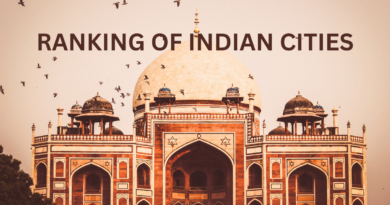Surprising: Sindhu Seeks Help From Padukone For Better Performance.
Ahead of the Hangzhou Asian Games, PV Sindhu has turned to badminton icon Prakash Padukone for advice after suffering from poor form and a miserable season on the international stage.
Sindhu, 28, withdrew from the China Open after losing to Japan’s Nozomi Okuhara in the second round of the BWF World Championships in Copenhagen last month and spoke with Padukone about the possibility of training at his academy in Bengaluru, sources told TOI. The two-time Olympian and her entire crew, including Malaysian coach Muhammad Hafiz Hashim, arrived in the city on Sunday.
During the course of the week, the shuttler spent close to 6-7 hours each day at the facility, with Padukone supervising her workouts, which included intense training, according to reports. Throughout the sessions, “Sindhu and Padukone were frequently spotted chatting. She also sparred with a few PPBA athletes, according to the sources.
The PPBA run is probably coming to an end this weekend, and Sindhu might get a chance to put herself to the test in the Hong Kong Open, which begins on September 12. In the preliminary round, she will face Putri Kusuma Wardani of Indonesia.
The Bengaluru pit stop comes at a vital time for Sindhu, who has seen seven first-round exits in 2023 following a protracted injury absence, as she looks to turn her fortunes around as the Olympic qualification cycle enters its fifth month. Sindhu said in July that the setback had “left a significant emotional impact on me, especially considering the challenging and demanding year I’ve had,” after she lost to China’s Gao Fang Jie in the US Open quarterfinals. Every successful competition ends with a disappointing loss, which is demoralising. However, she had vowed to come back stronger, saying, I am determined to channel my emotions into redoubling my efforts and making the remainder of the year truly remarkable.”
After losing to Gao Fang Jie in the quarterfinals of the US Open, PV Sindhu said that the defeat had affected her.
“My US Open journey came to an end in the quarterfinals, where I faced the talented Gao Fang Jie,” she wrote in a lengthy social media statement. Despite my victory over her in Canada, she outperformed me this time, taking advantage of my flaws to defeat me in straight sets. I have to give her credit for being well prepared and putting up a strong performance. Gao, the next time we meet, it should be in combat. Good luck in the finals. If you keep playing the way you are, you should win.
The All England champion from 2001 discussed how devastating setbacks and failures are a necessary part of the playing life. If she doesn’t get another chance to win this title, he continued, “I won’t regret this loss at all.”
In the two years that followed, Sindhu not only advanced to the final, but she also won the title in 2019, defeating the same Japanese opponent to become the first Indian shuttler to do so.

The 2017 defeat is now known for Sindhu’s tenacity, her capacity to handle setbacks with grace, and her ability to rise to greater glory. Compare this to the second-round matchup between the seasoned veterans on Tuesday at the Copenhagen World Championships.
Both Sindhu and Okuhara had been out of form leading up to the match, and considering that Okuhara had been dealing with ailments, the Indian, who had played in two semifinals and a final this season, was the favourite. But what actually happened was a struggle between a person determined to change the course of events and someone who lacked the stamina to fight once things started to go south.
In sports, a player dropping a match after leading 9-0 is not disastrous. It was Plan B’s absence, however, that would have alarmed Sindhu’s supporters after Okuhara began her comeback in the second game.
The issue was acknowledged by Sindhu. “In the early rounds, I’ve been losing. But I must maintain optimism and confidence in myself. It’s quite sad, I know. I feel horrible because, despite my best efforts, nothing has been successful. She was quoted by BWF as saying, “It’s crucial that I go back and work on my skills, both intellectually and physically, and come back stronger.




